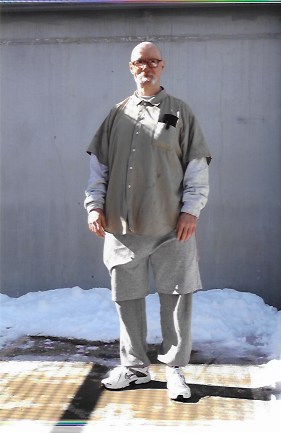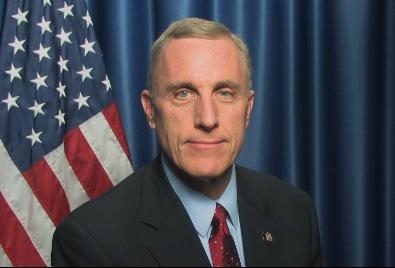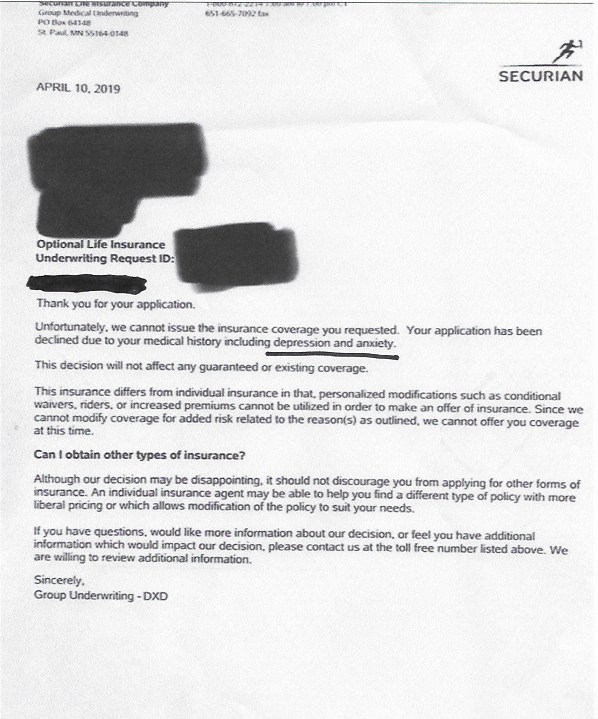(Note: My blog announcing Silverstein’s death prompted complaints by some readers who said I was overly sympathetic. I responded by posting a second blog about their criticism.)
(5-12-19) Thomas Silverstein, a major character in my bestselling book, The Hot House: Life Inside Leavenworth Prison, and one of America’s most famous federal prisoners, has died. 
He died Saturday (5-11) evening in a Colorado hospital from heart complications. He had been hospitalized for several weeks. He was 67.
Silverstein had been held in isolation since 1983, after he killed Corrections Officer Merle Clutts at the Marion Penitentiary in Illinois. At the time, there was no death sentence for murdering a correctional officer. Bureau officials told me, while I was researching my book, that they created a new punishment for Silverstein called “no human contact” designed to completely seal him off from other prisoners and the outside world.
Prison officials explained they had little choice but to isolate Silverstein. By the time he murdered Clutts, Silverstein already had been found guilty of the brutal murders of three other prisoners, although his conviction of one of those murders was later overturned.
Initially, he was held in the bureau’s Atlanta maximum security penitentiary with absolutely nothing in his cell with the lights on 24 hours per day. He later was moved to an isolation cell in the bowels of the federal penitentiary in Leavenworth where I first met him in 1987. The lights were kept on 24 hours per day there too – under the pretense they were needed so that cameras could monitor him. For months he was only provided with freezing cold water for showers. Most of the officials who oversaw him refused to speak to him. He had little idea whether it was day or night, and no idea what was happening in the outside world.
Prison officials gradually began granting Silverstein privileges, such as books and art supplies for his paintings. This was not necessarily done out of kindness, but for practicality. Having something to take way as punishment if he didn’t obey a direct order – such as return a food tray after eating.
Silverstein spent his last 36 years in isolation – believed to be the longest an American has been held in such conditions by federal officials. He prided himself, in his words, “for not letting them break me!”
He was serving a life sentence in an isolation cell at the federal “Supermax,” the United States Penitentiary, Florence ADX (USP Florence ADX) in Colorado, when he became ill earlier this year and was taken to a Denver hospital for treatment. Even when he was incapacitated and incubated, I was told that his BOP guards initially kept him in four point restraints tied to a hospital bed with as many as three officers standing watch. Hospital officials told callers that there was no patient named Silverstein being treated and get-well cards were returned “undeliverable” apparently to keep his location a secret.
(Before his death, his ex-wife, daughter, and his fiancee – were allowed to see him.)
While other inmates have periodically attacked and killed correctional officers, Silverstein’s actions were responsible for ushering in a new era in modern day corrections.







